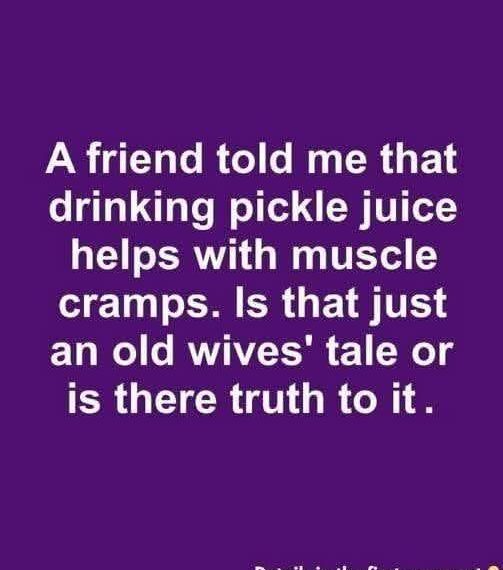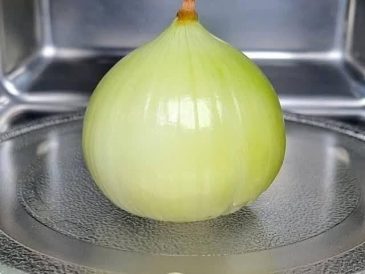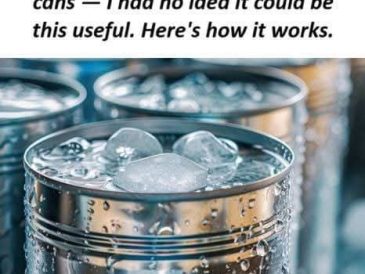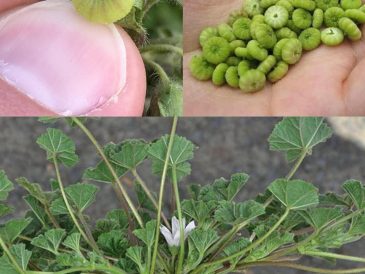Anyone who has ever been jolted awake by a painful nighttime leg cramp or sidelined mid-workout by a sudden muscle spasm knows how desperate you can feel for fast muscle cramp relief. Cramps are incredibly common—they can strike during sleep, after exercise, or even while sitting still.
The culprits? Dehydration, electrolyte imbalance, poor circulation, magnesium deficiency, sodium and potassium loss, nerve irritation, or muscle fatigue. Traditional remedies range from stretching and massage to eating bananas or drinking electrolyte sports drinks. But in recent years, a surprising solution has exploded in popularity among athletes, fitness trainers, and physical therapists: pickle juice for muscle cramps.
So, does this strange home remedy really work—or is it just a myth passed around gym locker rooms? Let’s dive into the science.
Why Pickle Juice Works for Muscle Cramps
At first glance, pickle juice seems like an odd cramp cure. After all, it’s basically water, vinegar, salt, and spices. Many believed it worked by replenishing electrolytes like sodium and potassium—similar to a sports drink.
But here’s the fascinating part: research suggests the relief happens too quickly for electrolytes to be the main factor. When athletes report cramp relief within 30 to 90 seconds, that’s far too short for minerals to enter the bloodstream and restore balance.
Instead, scientists believe the real secret lies in the vinegar. The sharp, acidic taste of pickle juice stimulates receptors in the mouth, throat, and nervous system, sending signals that essentially override the misfiring nerve impulses that trigger muscle cramps.
👉 In short: pickle juice doesn’t cure the root cause, but it short-circuits the cramp signal and provides rapid relief.
How to Use Pickle Juice to Stop Muscle Cramps
see continuation on next page





